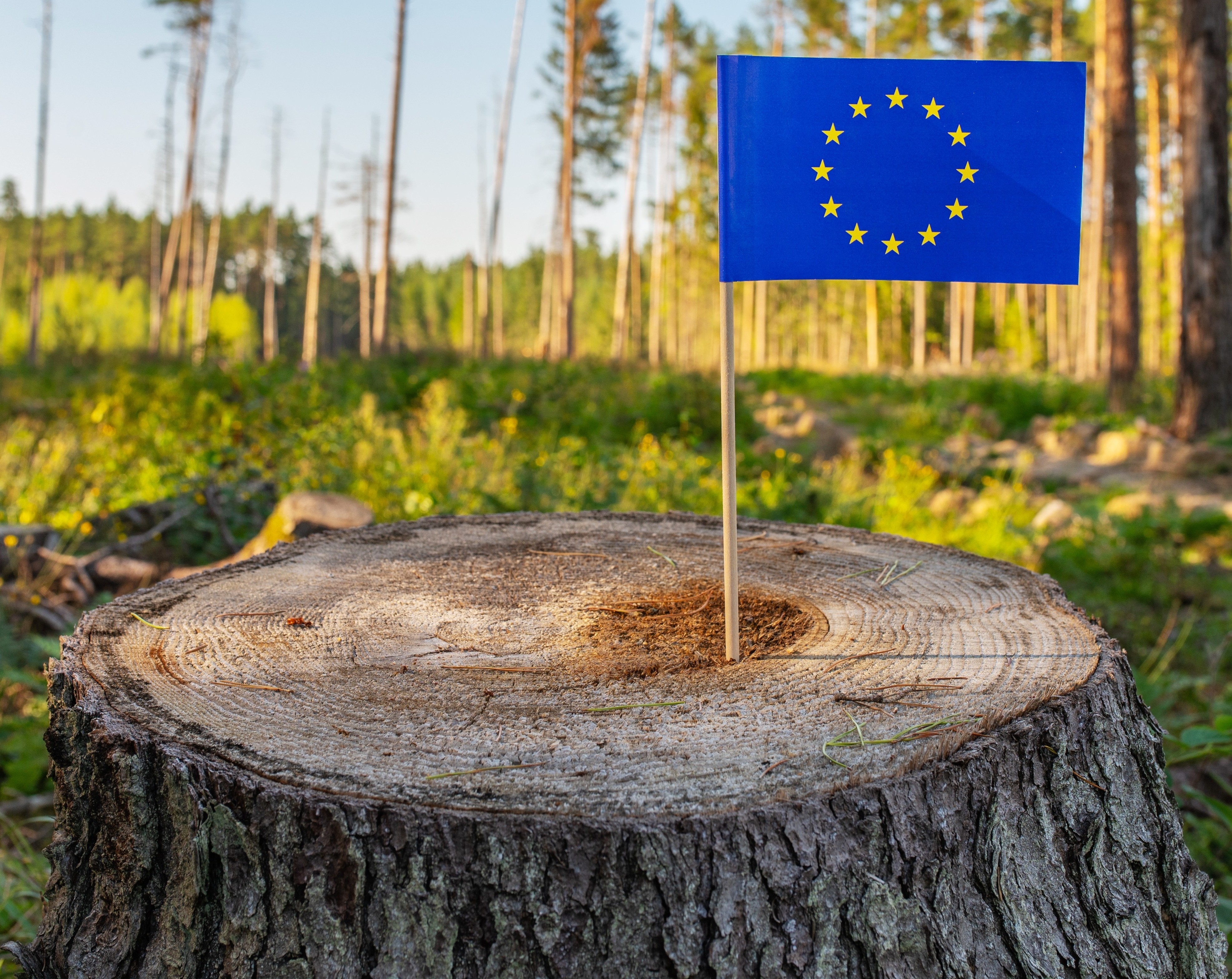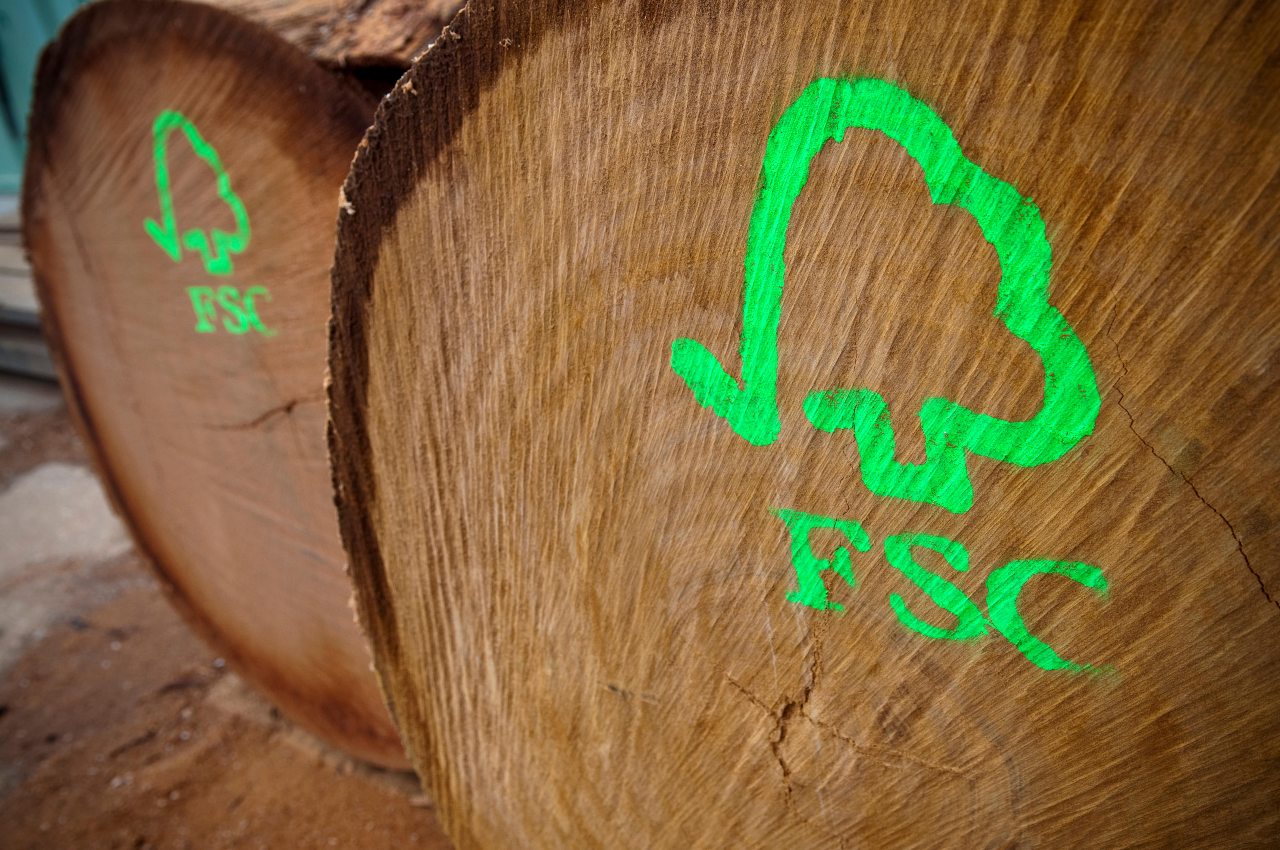
IBAMA carries out an operation on the banks of the Jamanxim river, Brazil.
The rollback of environmental protections in Brazil
continued through July, with campaigners warning that the changes encourage
land grabs, illegal deforestation, and violence against activists and
enforcement officials.
On 13 July, President Michael Temer gave his backing to a bill to downgrade the legal protections governing 350,000 hectares (ha) of Jamanxim National Forest, which currently preserves 1.3 million ha of Amazon rainforest in the northern state of Pará.
Jamanxim National Forest was created in 2006 alongside seven other
conservation units as part of the Sustainable BR-163 Plan, an initiative to
protect the rainforest bordering the newly paved BR-163 highway.
If passed by congress, the new bill will downgrade the
status of 27% of the unit, reclassifying it as an ‘APA’ (Area of Environmental
Protection). In APAs, land can legally be sold, cleared of forest, and used for
agriculture, cattle rearing or mining.
Legislators from Brazil’s powerful agricultural caucus, a
key part of Temer’s base, lobbied for the downgrade. In its current form, the
bill is a compromise measure, after Temer last month vetoed a proposal to
reclassify 486,000ha of the conservation unit as an APA.
Similar boundary changes in Jamanxim National Forest have previously been used to greenwash illegal deforestation for beef.
Last year, the status of 305,000ha of the forest was downgraded, effectively legalising the actions of cattle ranchers who had illegally occupied land and cleared trees wi thin the forest.
On 11 July, Temer
signed into law MP 759, another piece of legislation seen as enabling land
thieves to legalise their land holdings. The law alters Brazil’s Terra Legal
program, introduced by former President Lula in 2009 to help peasant families
regularise their ownership of small land plots.
The new legislation increases the maximum size of individual
land holdings that can be regularised from 1,500 to 2,500 hectares. “Areas that
large are only claimed by big ranchers,” Josinaldo Aleixo, a sociologist with
the International Institute of Education in Brazil, told the Thomson Reuters
Foundation.
The bill also weakens environmental protections by removing a regulation which stripped claimants of their title to the land if they cleared it of forest; under MP 759, all that is necessary to legally deforest is that claimants register their land with the Rural Environmental Inventory (CAR).
Finally, the legislation brings forward the cut-off date after which land could
not be legally registered, from December 2004 to December 2011, again providing
an effective amnesty for land grabbers who seized public land between those
dates.
“Those who invaded public land after the approval of law 11,952 did it knowing it was illegal to do this, and thus carried out the crime of invasion of public land, set out in article 20 of law 4,947/1966,” Brenda Brito, a lawyer with NGO Imazon, told Mongabay.
“In extending the date to 2011, the MP is, in practice, providing an amnesty
for this crime.”

The reclassification of 350,000ha of rainforest will allow private ownership, agriculture and forest clearing.
- In June, the state of Amazonas lost the managers of ten conservation units, covering seven million hectares of Amazon rainforest, as the State Environment Secretariat shed 13 jobs.
- The impact of these changes is clearly marked on the forest itself. The rate of deforestation in the Amazon increased by 29% in 2016, according to Brazil’s National Institute for Space Research.



